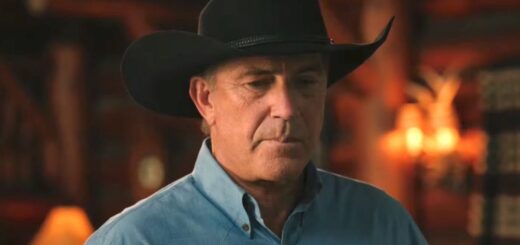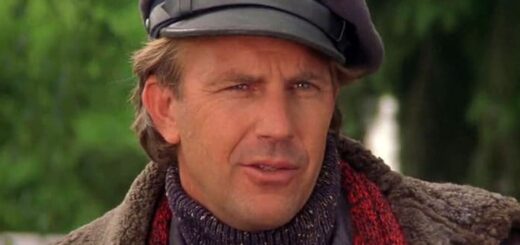Kevin Costner’s Ambitious Epic ‘Horizon’ Delivers an Overstuffed First Course
Movie Review: Kevin Costner’s ‘Horizon: An American Saga — Chapter 1’ is an Overstuffed Western Epic
In a pivotal scene of Kevin Costner’s new Western, he and a woman flee from danger on horseback. They pause at a breathtaking vista, and he advises her, “You just gotta keep going.” This sentiment could serve as the tagline for “Horizon: An American Saga — Chapter 1,” a sprawling three-hour introduction to a potential four-part epic that may challenge even the most dedicated fans of the genre.
Costner, who co-wrote, directed, and produced the film, has poured his heart into this project since the 1980s, even taking out a mortgage on one of his Santa Barbara homes to finance it. “Chapter 1” serves as a sweeping yet often unwieldy setup, introducing a multitude of characters scattered across the West, whose fates will likely intertwine as the saga unfolds—if they manage to survive, that is.
The film is strikingly unsubtle, with a heavy-handed opening that depicts a group of ants crushed by a surveyor’s stake. John Debney’s overly dramatic score, filled with a relentless barrage of cellos, adds to the film’s weightiness. Almost immediately, Costner disrupts narrative expectations by presenting a climactic battle within the first half hour. A small white settlement in Arizona’s San Pedro Valley is ambushed by Apaches during a dance, leading to an extended sequence of chaos and violence that feels excessive. The aftermath is harrowing, featuring mothers struck by arrows while cradling their infants and unarmed musicians killed without hesitation.
As the story branches out, we meet survivors like Sienna Miller’s new widow and her daughter, who find refuge at a U.S. Army camp commanded by the morally upright Lieutenant, played by Sam Worthington. Another narrative thread follows bounty hunters pursuing the Apaches for profit and revenge. The film also explores the internal strife within the Apache community, depicting a chief’s conflicted son eager for more violence, contrasting with his father’s desire for peace.
Costner’s portrayal of the West is steeped in fatalism, suggesting that both sides are flawed but locked in a cycle of violence. “There’s no one on Earth going to stop these wagons from coming,” one exasperated Army officer remarks, highlighting the relentless march of history.
After an hour, Costner himself appears as a rugged loner seeking a moment of respite in a Wyoming settlement. However, he soon finds himself embroiled in a chaotic escape, protecting a sex worker and a boy from a gang of ruthless horsemen. Just as viewers start to acclimate to this narrative, another ensemble of characters is introduced in the second hour—a wagon train led by Luke Wilson that grapples with class issues and unwelcome intrusions.
This multitude of storylines becomes overwhelming, compounded by themes of anti-Chinese sentiment, budding romances, and graphic violence. “Horizon” strives to be a grand tapestry of the West, but its ambition may ultimately outstrip its execution, leaving audiences to ponder whether the journey is worth the toll.


